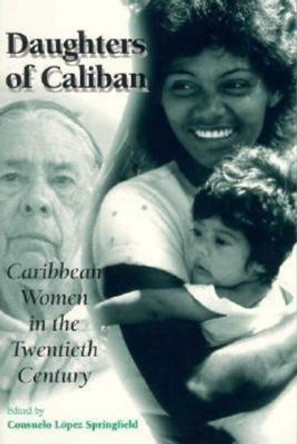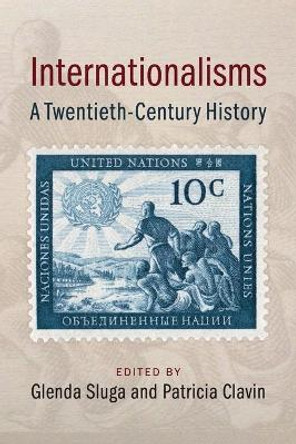Description
The implementation of Peru's first family planning programs led to a rapid professionalization of fertility control. Complicating the evolution of associated medical services were the conflicting agendas of ordinary citizens, power brokers from governmental and military sectors, clergy, and international health groups. While family planning promised a greater degree of control over individuals' intimate lives, as well as opportunities for economic improvement through the effective management of birth rates, the success of attempts to regulate fertility was far from assured. Today, Necochea Lopez observes, although the quality of family planning resources in Peru has improved, services remain far from equitably available.
About the Author
Raul Necochea Lopez is assistant professor of social medicine and adjunct assistant professor of history at the University of North Carolina at Chapel Hill.
Book Information
ISBN 9781469618081
Author Raul Necochea Lopez
Format Paperback
Page Count 256
Imprint The University of North Carolina Press
Publisher The University of North Carolina Press








